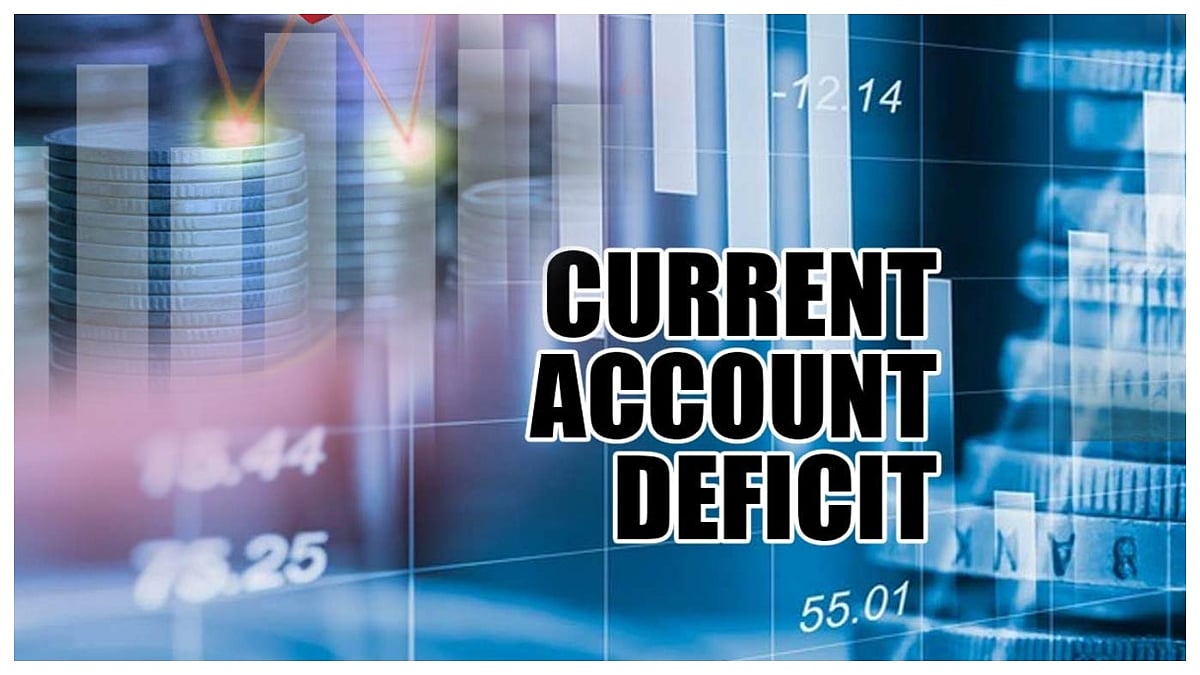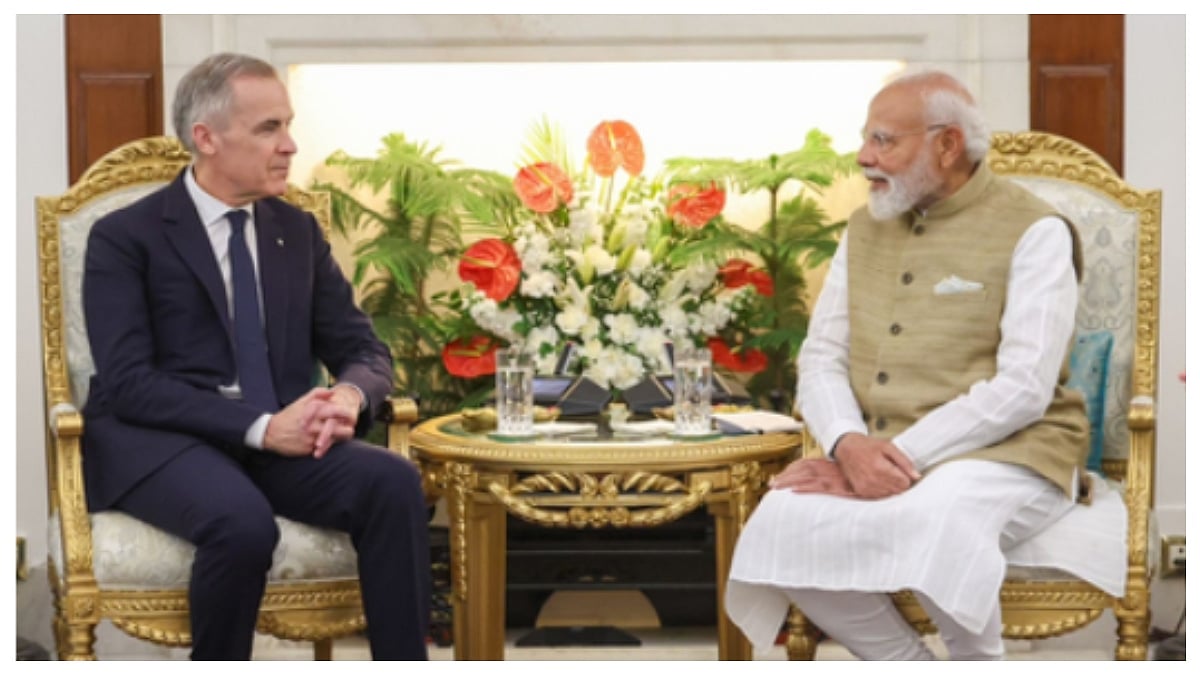Sparked chiefly by the Sri Lankan economic crisis, there is a lively debate in India about government finances, public debt burden and the nature of public expenditure. Prime Minister Narendra Modi’s strong appeal to curb ‘revari culture’ and the Opposition’s stout defence of short-term welfare to the poor indicate that the main campaign theme of the next election cycle could be how best to spend public money. It will be useful if we examine the issue calmly and logically.
First let us focus on the role of government. Human society is unlike any other species. The capacity to speak and communicate, and the enormous brain power facilitating logical thinking, use of tools and innovation are unique to the human species. These unique features allowed us to come together in large numbers. Animals live and interact in small groups, and collective hunting and defence of turf are the primary functions of the group. Basic instincts — survival and reproduction — guide animal behaviour. As humans learned to cooperate and live in extremely large numbers beyond a tribe, they needed elaborate arrangements for individual and collective security and maintenance of order, and for fulfilling the collective needs. That is how government evolved over time.
Most of the decisions affecting us as individuals are made by us personally or in the family — where we live, how we dress, what we study, the school our kids go to, the jobs we do, the profession we practise or the business we pursue, how much we spend on what, whom we marry, how we raise children, etc. But there are other needs in a large society which we cannot fulfil individually, and we need collective action. Defending our territory, punishing crimes, settling disputes, maintaining order, building roads and managing traffic, supplying water and power, providing sewerage and storm water drainage, controlling mosquitoes, providing for the education of children and health of the family — all these needs can only be fulfilled collectively. No individual or family can perform these functions. That is how government came into existence, and has evolved over time to meet the growing needs of society. We pay for some of these services directly – water supply, electricity, sewerage, etc, and we fund the government through taxation for other general services like public order, justice, rule of law, infrastructure, education and health care.
If we understand the purpose and role of government, it is easy to recognise how our tax money should be spent.
In general, the government performs very poorly in our country. On every indicator of infrastructure, rule of law, education and health care, India ranks in the bottom five of the 49 countries with large economies, along with Pakistan, Bangladesh and Nigeria. We can do better; we need to do better if we are to eliminate poverty, give every child an opportunity to fulfil her potential irrespective of birth, eliminate avoidable suffering and promote prosperity.
In this debate, we should all agree on two basic things. First, education and health care are the basic responsibilities of a modern government in a civilised society. Our educational outcomes are appalling even as we spend a lot. Better systems to improve outcomes, not merely more spending, is the key to better education. Our health care is in poor shape, and every year about 5.4 crore people are descending into poverty on account of ill health. We spend only about 1% of GDP on health, the lowest among all large economies in the world. We need to spend more, and better.
Second, we should lend a helping hand to those in distress: hunger and extreme poverty must be addressed through short-term help. But such short-term measures cannot be at the cost of the core functions of government, or at the cost of imparting skills, growing the economy, creating jobs and enhancing incomes. Skills to allow participation in economic activity, health to increase productivity, infrastructure and sensible policies to promote investment and creation of new jobs, and raising incomes are the only sustainable route to end poverty. Government can only employ a small number of people with our tax money to fulfil our needs; we must grow the economy and create jobs and prosperity.
Our government finances are not in good shape. Governments are spending a lot more than the tax income, and most of the expenditure is for current needs, not for building a better tomorrow. And the government is ineffective in delivery of basic services that are critical for a harmonious society, opportunities for our children and economic growth. We cannot burden our children with our debts. Every family practises thrift and adds to its wealth so that the next generation is better off. Our governments are borrowing to meet our current expenditure. In effect, we are stealing from our children; that is against Indian ethos.
Is the condition irreversible? Or do we have to stop all short-term welfare measures? Not at all. Poor people need help. We are a growing economy. If we simply freeze the current expenditure on short-term welfare and focus on better education, health care, infrastructure, rule of law and investment promotion, that will solve the problem. With economic growth, government revenues will increase. All we need to do is to limit current expenditure and use all borrowings for investment. If short-term spend is frozen, its share in total public expenditure will decline and government finances will be healthy. We simply need a more healthy balance between government’s core functions, long-term growth and prosperity, and short-term welfare of those in distress.
The author is the founder of the Lok Satta movement and Foundation for Democratic Reforms. He can be contacted at drjploksatta@gmail.com




